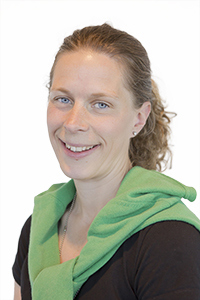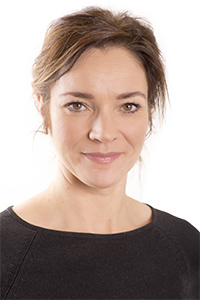Existential driving forces for non-profit work that complements maternity health care
Start date: 2023-01-01
End date: 2023-12-31
Good examples have been called for where collaborations close to citizens complement public care. At the same time, there is a lack of research into what underlies similar non-profit engagements.
The project studies Amningshjälpen, a civil society organization that promotes and supports breastfeeding. In Sweden, a significantly larger proportion work unpaid in civil society activities than in other European countries. Studying the driving forces behind non-profit work is essential to understand the conditions for the relationship where civil society actors form support for public welfare missions.
Amningshjälpen is a non-profit organization in Sweden that supports women who want to breastfeed. The organization carries out a central welfare mission that complements welfare services, previously carried out by healthcare professionals. But a prerequisite for this informal contract is the non-profit work of the auxiliary mothers.
The aim is to analyze the experiences and driving forces that underlie the non-profit efforts of the auxiliary mothers and relate these to questions of existential meaning. The project's second aim is to analyze the efforts of the mother to mothers peer support as a question of the changed role of the welfare state and how social responsibility can be distributed in practice between citizens' non-profit efforts and professional publicly funded care.
The project combines existential caring science and existential sociology perspectives. Existential sociology studies how social phenomena are related to man's search for meaning and examines his attempts to deal with the incomprehensibility of life. Another is that questions of existential meaning can be reinforced in critical situations in life, such as parenting and breastfeeding. In existential caring science, existential phenomena related to people's lives which have significance for health, well-being and care are studied.
Methodologically, the project has a lifeworld hermeneutical approach in which 15 mother to mother peer supporters are interviewed. The interview material is supplemented with a literature study on the transformation of the welfare state and the supplementary role of civil society actors. In this way, the commitment is related to a broader question of how social responsibility can be negotiated procedurally and as a result of existential experiences of care and welfare services.





